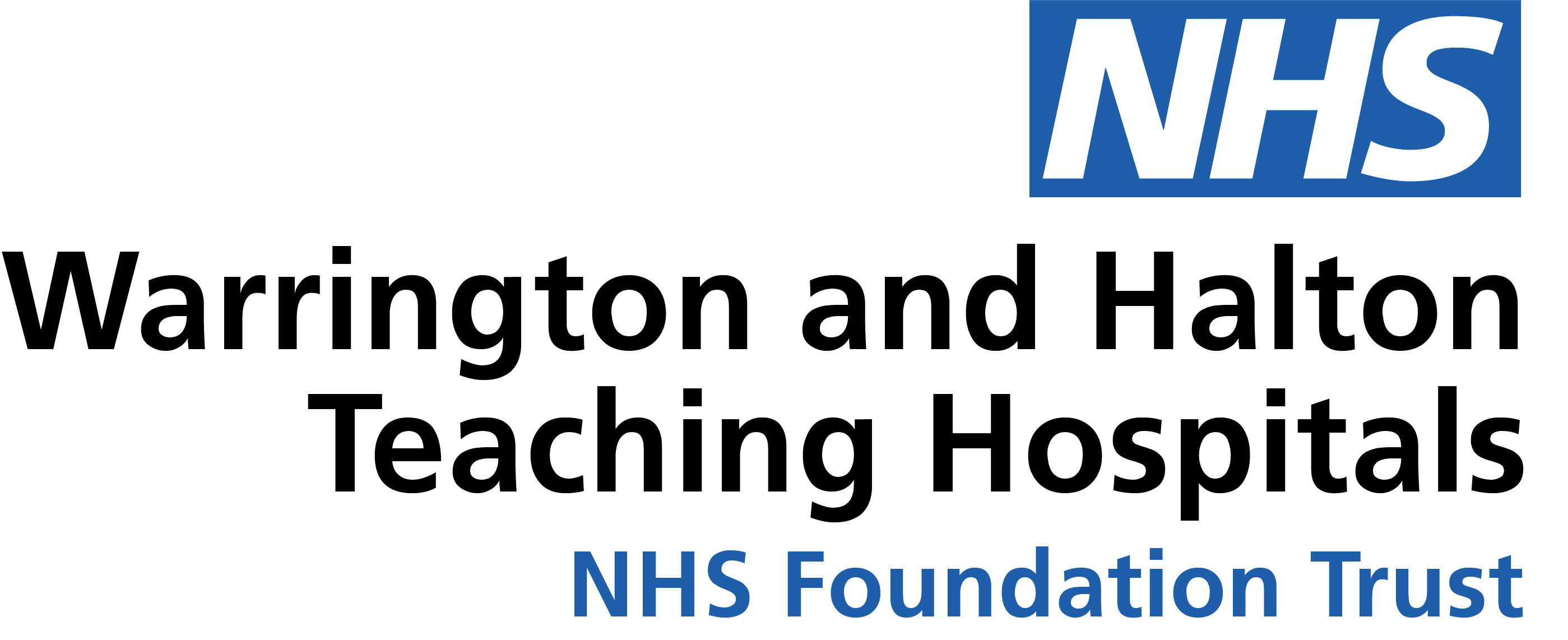PLEASE NOTE THIS PAGE CAN BE TRANSLATED BY USING THE ACCESSIBILITY TOOLS AT THE BOTTOM OF THE PAGE
يرجى ملاحظة أنه يمكن ترجمة هذه الصفحة باستخدام أدوات إمكانية الوصول في أسفل الصفحة
BLEXWNE B THXWNE V RAGEGEH B KARING TEN HELBESTN QEBLAN LI BIN P JI RAGEGEH BIGERE.
PROSZĘ PAMIĘTAĆ, ŻE TA STRONA MOŻE BYĆ TŁUMACZONA PRZY UŻYCIU NARZĘDZI DOSTĘPNOŚCI NA DOLE STRONY
Vă rugăm să rețineți că această pagină poate fi tradusă prin utilizarea instrumentelor de accesibilitate din partea de jos a paginii
請注意,可以使用頁面底部的輔助工具翻譯此頁面
لطفاً توجه داشته باشید که این صفحه را می توان با استفاده از ابزارهای دسترسی به پایین صفحه ترجمه کرد
UPOZORNENIE, ŽE TÚTO STRÁNKU JE možné PREKLADAŤ POUŽITÍM NÁSTROJOV PRÍSTUPNOSTI SPODNEJ STRÁNKY
براہ کرم نوٹ کریں اس صفحے کو صفحہ کے نچلے حصول پر قابلیت کے آلے کا استعمال کرتے ہوئے ترجمہ کیا جاسکتا ہے۔
The NHS is a state-funded organisation which provides free hospital treatment to people who are legally living in the UK on a permanent basis. If you are not legally living in the UK on a permanent basis, you are regarded as an ‘Overseas Visitor’ and may be charged for treatment.
NHS treatment relates to the following services:
• Emergency Care (Accident & Emergency Department).
• Inpatient Services.
• Outpatient Services.
• Diagnostic Services.
• Maternity Services.
NHS Hospitals have a legal obligation to establish whether a person is an overseas visitor and whether charges apply or they have an exemption. Where there is no exemption, we must charge the person liable and recover the costs from them.
If you are not ordinarily resident in the UK, you may have to pay for your hospital treatment, even if you have a British passport or have paid National Insurance contributions and taxes in the UK in the past.
There are some NHS services and treatments which are free to everyone. These include:
- Family-planning services (this does not include maternity treatment and/or termination of pregnancy).
- Treatment at the Emergency Department (A&E). Treatment is only free up to the point an overseas visitor is admitted as an inpatient or given an outpatient appointment. Any treatment given after the point of admission as either an inpatient or outpatient is chargeable to non-exempt visitors.
- Diagnosis and treatment for certain infectious diseases (Click here for details).
You will be charged unless an exemption category applies to you or the treatment you receive.
You are entitled to free healthcare if:
- You normally live in a country with a bilateral healthcare agreement with the UK.
- You normally live in a country that is a member of the European Economic Area healthcare arrangement and you have a valid European Health Insurance Card (EHIC). This card covers emergency treatment only (not pre-planned). You need to bring this card with you to hospital and it must be in your name and within the expiry date.
- You are a refugee or an asylum seeker whose formal application to the UK Border Agency is being considered. A refugee is someone who has been granted asylum in this country. If you are a refugee or an asylum seeker, you will still have to pay for all prescribed medications.
You may be entitled to free healthcare if:
- You have come to take up employment in the UK. You need to show evidence that you are working for a UK-based employer, such as a payslip and that you have paid the Health Surcharge. Your ‘right to work’ does not count as evidence in this case.
- If you are studying full-time you need to show evidence that you are attending a full-time course lasting not less than six months and that you have paid the Health Surcharge.
- You are visiting and staying in the UK for a period of 6 months or more and have paid the Health Surcharge.
You may not be entitled to free healthcare if:
- You are not covered by one of the categories listed above.
You will need to bring with you evidence to show that you are legally living within the UK or are a visitor in one of the categories listed above.
Hospitals are required by law to check documentary evidence of entitlement to free healthcare to prove that you are ordinarily resident in the UK.
You will need to bring with you two separate documents. One to prove your address and one to prove your identity.
Documents you can use as proof of your identity include:
- Current signed passport/Passport with valid entrance visa.
- Residence permit issued by the UK Border Agency.
- Valid UK Photo-card driving licence.
- EU/EEA national identity photo-card.
- Valid armed forces or police photographic identity card.
- Photographic disabled blue badge.
- Citizen card.
- Asylum Registration card.
- Biometric Residence Permit.
Documents you use as proof of your address include:
- Recent original utility bill such as gas, electric, water, landline (mobile not acceptable).
- Council tax bill for the current year.
- Bank, building society or credit union statement from a recognised lender.
- Current council or housing association rent book or tenancy agreement.
- Notification letter from the Department of Work and Pensions confirming your right to benefits or a state pension.
A person does not become ordinarily resident in the UK and entitled to free NHS care simply by:
- Having an NHS number.
- Having British nationality.
- Holding a British passport.
- Being registered with a GP.
- Owning a property in the UK.
- Paying or previously paying National Insurance contributions and taxes in this country.
Other important documents to bring with you to hospital if applicable are as follows:
- European Health Insurance Card (EHIC) - Click here for more information on how to recognise the card.
- Provisional Replacement Certificate (PRC).
- S1/S2 form.
- Armed forces/NATO/Government ID Card.
- Asylum Registration Card Section 95 Support evidence.
If you are not exempt from charges, you will be provided with an estimated cost for the treatment which you receive. These costs are based on the Standard National HRG Tariffs which is applied throughout the UK.
If you are unable to provide the documents required as proof of exemption from charges, you will have to pay a deposit equal to the estimated cost of your treatment before you receive an appointment or treatment. The Trust accepts the following forms of payment:
- Cash
- Credit/Debit card
- Bank transfer
- Cheque (only if submitted and cleared in advance of treatment)
We must and will always provide immediately necessary or urgent care, including maternity care, to any chargeable patient, regardless of whether they have yet paid for that care. The urgency of treatment is a matter of clinical judgement to assess if treatment is deemed urgent or immediately necessary.
The definition of ‘what is non-urgent’ is a fluid process and may be reassessed at any time.
Failure to provide immediately necessary treatment may be unlawful under the Human Rights Act 1998.
Pharmacy Charges
In addition to charges for health care, overseas visitors are not entitled to a subsidised prescription therefore they must pay the same charge as for a private prescription.
We may provide non-clinical information about you to external agencies for the purpose of confirming your entitlement to free NHS treatment or to recover debts owed to the Trust for treatment provided to you.
We always try to recover monies owed for treatment provided and may use external debt collection agencies or take court action.
We always advise the Home Office about outstanding debts in excess of £500 for more than two months. The Home Office will prevent you from returning to the UK for as long as this debt remains unpaid.
The Chargeable Patients Team are available between Monday and Friday, 8:30am – 5pm. If you have any further questions about your entitlement for free NHS treatment, please email our Chargeable Patients Team at whh.
However, if you wish to discuss any issues you have in person, you can book an appointment to meet with one of the team. Please call (01925) 662711 to arrange.
The team’s role is to confirm your entitlement to free NHS treatment and to make the process as smooth as possible without causing you any inconvenience whilst satisfying the requirements of the law. The team are not able to answer questions about your treatment.
- Department of Health guidance document on implementing overseas patient charges: Click here
- Non-European Economic Area (EEA) countries that have reciprocal healthcare agreements with the UK, chapter 10 (page 87) - Click here


